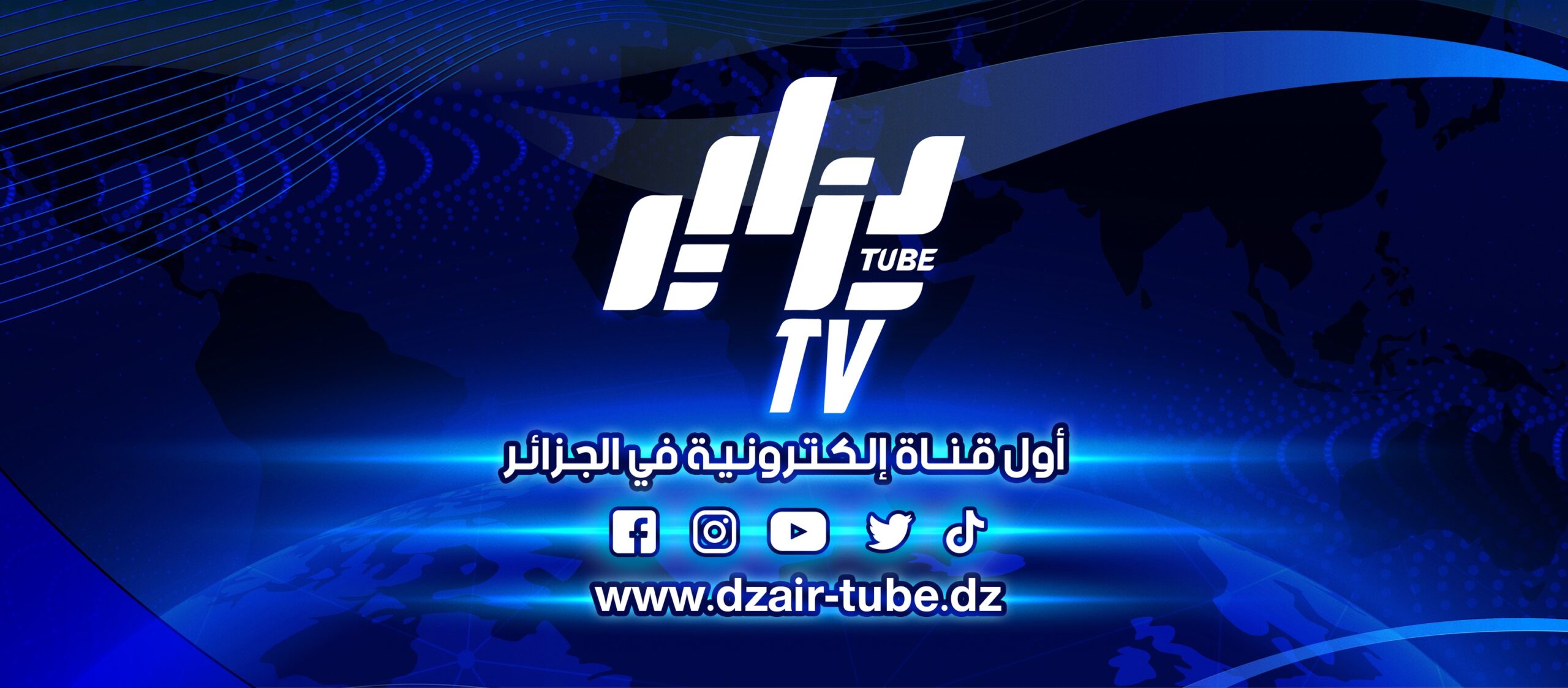BY: Dr. Hana Saada
Escalating Crackdown on Foreign Monitors Highlights Morocco’s Systematic Repression and Media Blackout
Algiers, Algeria | February 24th, 2025 — In a blatant attempt to suppress international scrutiny of its ongoing human rights violations in occupied Western Sahara, Morocco has expelled a staggering 316 foreign observers, including parliamentarians, human rights activists, journalists, and legal experts, since 2014. This alarming figure, recorded as of February 20, 2025, further cements Rabat’s systematic efforts to obstruct independent investigations into its widespread abuses against the Sahrawi people.
The latest expulsion, carried out last Thursday, targeted three European parliamentarians, bringing the number of foreign nationals forced out since the beginning of 2025 alone to 16, including eight lawmakers from various European legislative bodies. According to a joint statement by the Sahrawi Association for the Protection of Prisoners in Moroccan Jails and the French Association for Friendship and Solidarity with African Peoples, these expulsions are part of Morocco’s draconian measures to maintain an ironclad information blackout on the occupied territory.
A Decade-Long Policy of Systematic Expulsions and Repression
Since 2014, Morocco has effectively barred the presence of foreign observers in occupied Western Sahara, expelling or preventing access to 316 individuals from 21 countries spanning four continents. The breakdown of expulsions by year exposes an intensifying crackdown:
- 2014: 53 foreign nationals expelled
- 2015: 22 foreign nationals expelled
- 2016: 85 foreign nationals expelled
- 2017: 68 foreign nationals expelled (including five European MPs)
- 2018: 11 foreign nationals expelled
- 2019: 34 foreign nationals expelled
- 2020: 8 foreign nationals expelled
- 2021: 3 foreign nationals expelled
- 2022: 5 foreign nationals expelled
- 2023: 6 foreign nationals expelled
- 2024: 5 foreign nationals expelled
- 2025 (as of February 20): 16 foreign nationals expelled, including 8 parliamentarians
Among the nations most affected by Morocco’s expulsion policy, Norway tops the list with 133 nationals barred from Western Sahara, followed by Spain (118), Sweden (9), France (6), Italy (6), the United States (6), Poland (6), Portugal (5), the United Kingdom (4), Tunisia (4), Denmark (4), Finland (3), the Netherlands (2), Lithuania (2), Canada (2), Japan (2), Switzerland (2), China (1), Ukraine (1), Belgium (1), and Germany (1).
Systematic Banning of International Human Rights Organizations
In addition to expelling individual observers, the Moroccan regime has methodically shut out global human rights organizations from Western Sahara. The statement revealed that at least seven leading international NGOs, including Human Rights Watch, Amnesty International, and Free Press Unlimited, have been barred or expelled from the occupied territory, preventing them from documenting the Makhzen’s systematic repression.
For the ninth consecutive year, the United Nations High Commissioner for Human Rights (OHCHR) has been unable to secure authorization from Morocco to access Western Sahara, further evidencing the regime’s absolute disregard for international oversight.
UN Inaction Fuels Moroccan Crimes Against the Sahrawi People
Morocco has also exploited the lack of a human rights monitoring mandate within the United Nations Mission for the Referendum in Western Sahara (MINURSO) to intensify its brutal repression against Sahrawi civilians. Unlike other UN peacekeeping operations, MINURSO remains stripped of any authority to monitor or report on the humanitarian situation in the occupied territory, allowing Morocco to continue its abuses with impunity.
Speaking to the Algerian Press Service (APS), Hassana Douihi, a member of the Sahrawi Association for the Protection of Prisoners in Moroccan Jails, described the occupied territories as being under a suffocating military and media siege.
“Moroccan forces impose extreme restrictions on international observers, human rights defenders, and independent journalists, ensuring that no credible documentation of their crimes emerges,” Douihi affirmed. He further denounced Rabat’s selective policy of granting access only to pro-Moroccan figures, citing the recent visit of a French government official as an example of the regime’s manipulative tactics.
Despite global condemnation and mounting evidence of human rights abuses, the Moroccan regime persists in its repressive policies, media censorship, and systematic expulsion of foreign observers—all in a desperate bid to shield its colonial occupation from international accountability. However, as calls for an independent Sahrawi state continue to gain traction worldwide, Morocco’s attempts to suppress the truth may soon prove futile.

About Dzair Tube Media Group
Dzair Tube has firmly positioned itself as a leading force in Algerian digital journalism, delivering a rich and diverse array of content. Available in Arabic, French, and English, Dzair Tube captivates a broad audience, drawing over half a million daily clicks.
The platform’s excellence was notably recognized with the prestigious President of the Republic’s Award for Professional Journalist in the Electronic Press category on October 22, 2022. This accolade underscores Dzair Tube’s steadfast commitment to the highest journalistic standards.
Dzair Tube’s substantial online footprint includes 350,000 YouTube subscribers, over six million followers across various Facebook pages, and 450,000 Instagram followers. The digital channel serves as a nexus for a wide range of programming, spanning news, sports, entertainment, culture, and religion, catering to a diverse audience.
Boasting cutting-edge studios and advanced technology, Dzair Tube’s digital channel has attracted a significant viewership with its varied programs. It facilitates interactive discussions with key figures from various sectors, promoting public discourse and engagement. Beyond news, Dzair Tube excels in producing marketing documentaries, short TV commercials, and high-viewership shows.
The print edition of Dzair Tube’s sports newspaper, “Dzair Sport,” further attests to the platform’s influence, with over 50,000 daily downloads from the official Dzair Tube website.
Awarded the Media Leadership Award by the Minister of Communication, Mohamed Laâgab, Dzair Tube continues to shape the Algerian digital media landscape, maintaining its position of influence and impact. Additionally, Dzair Tube’s prominence in Algeria’s media scene was celebrated at the ninth edition of the “Hilals of the Television” competition, solidifying its status as a media leader.
Stay Connected with Dzair Tube
